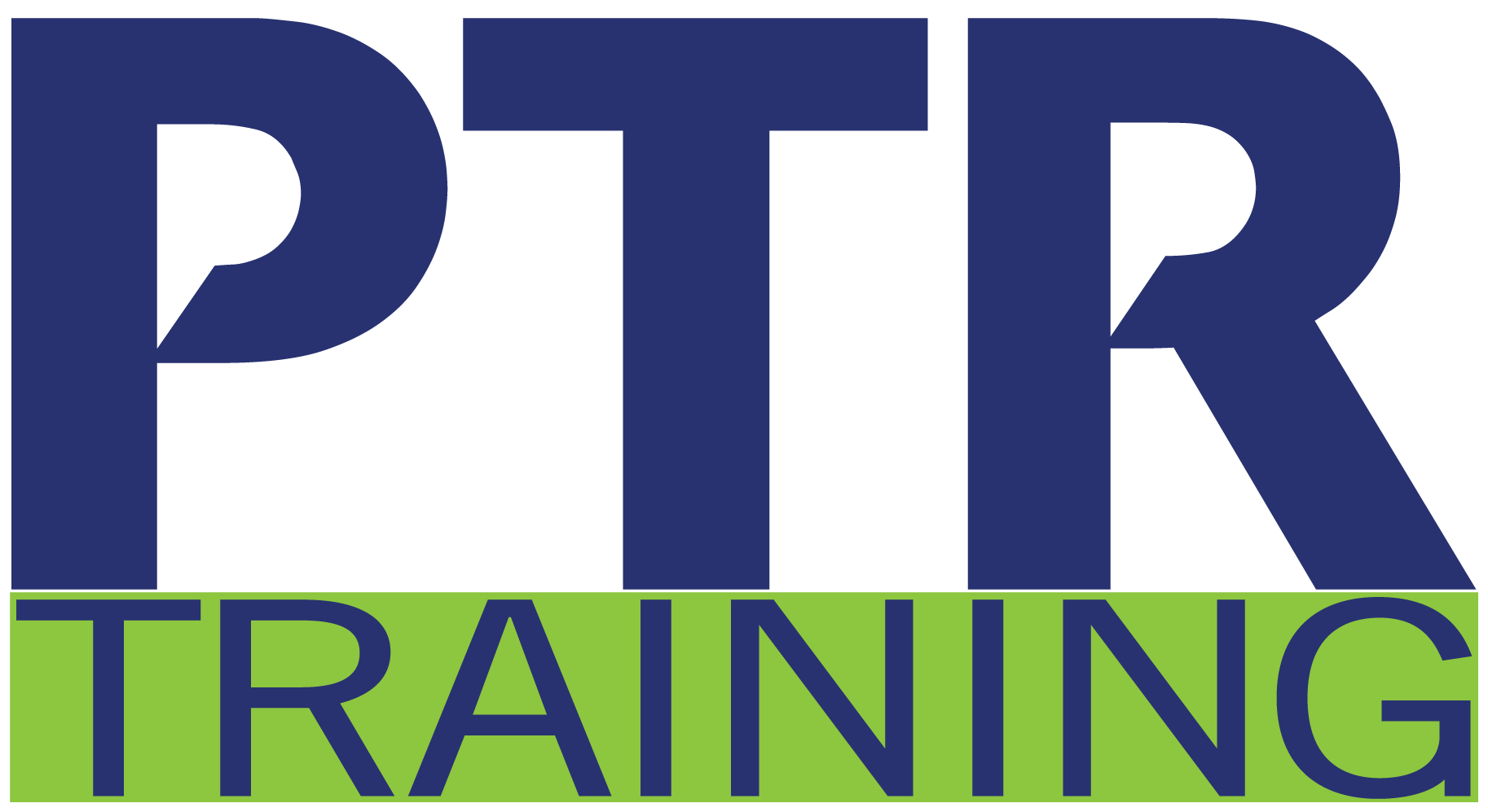Designed for new and emerging leaders, this 6-part leadership program teaches new supervisors the ins and outs of leading a successful team. Through interactive exercises and activities, we’ll teach you how to communicate with employees, motivate a team into action, and manage challenges such as conflict, organizational change, and performance issues. You’ll learn how to bring out the best in your employees and build a team primed for success.
Learning Objectives »
- Apply leadership communication strategies.
- Effectively lead teams and build team synergy.
- Motivate employees and create an engaging environment.
- Manage and resolve conflict professionally.
- Apply proven coaching and counseling techniques.
- Successfully lead change initiatives.
Course Agenda
Leadership Communication
- Elements of Communication
- The Communication Model
- Effective Listening
- Body Language
- Cooperative Communication
- Giving Feedback
Leading Teams
- Warning Signs
- Workforce Audits
- Redundancies, Overlaps & Bottlenecks
- Tools to Consider
Employee Engagement
- Moving from Peer to Leader
- Managing vs. Leading
- Critical Characteristics of Leadership
- Building Rapport
- Motivating Employees
- Delegating Responsibilities
- Rewards and Incentives
Managing Conflict
- Sources of Conflict
- Conflict Styles
- Responding to Criticism
- Defusing Anger and Resolving Conflict
- Leading Difficult People
Coaching & Counseling
- Adapting to Employee Needs
- Leadership Roles
- Coaching Techniques
- Changing Behavior
- Fixing Performance Problems
- Counseling and Evaluation
Managing Change
- The Change Model
- Chang Agents
- Techniques for Managing Change
- Implementation Strategy
- Transitions into Change
- Resistance to Change
- Capitalizing on New Opportunities





